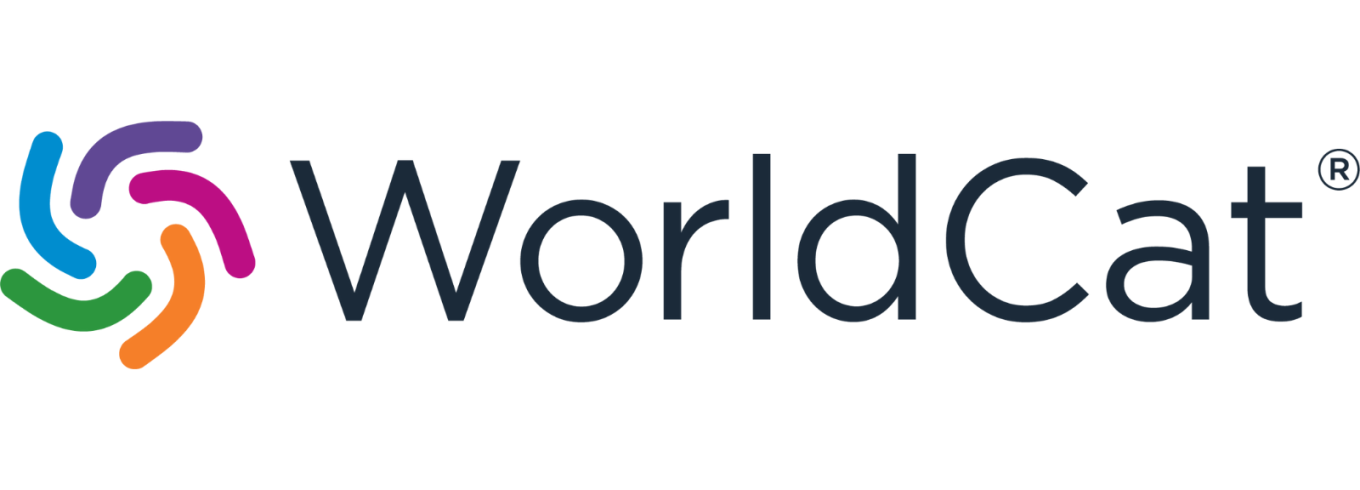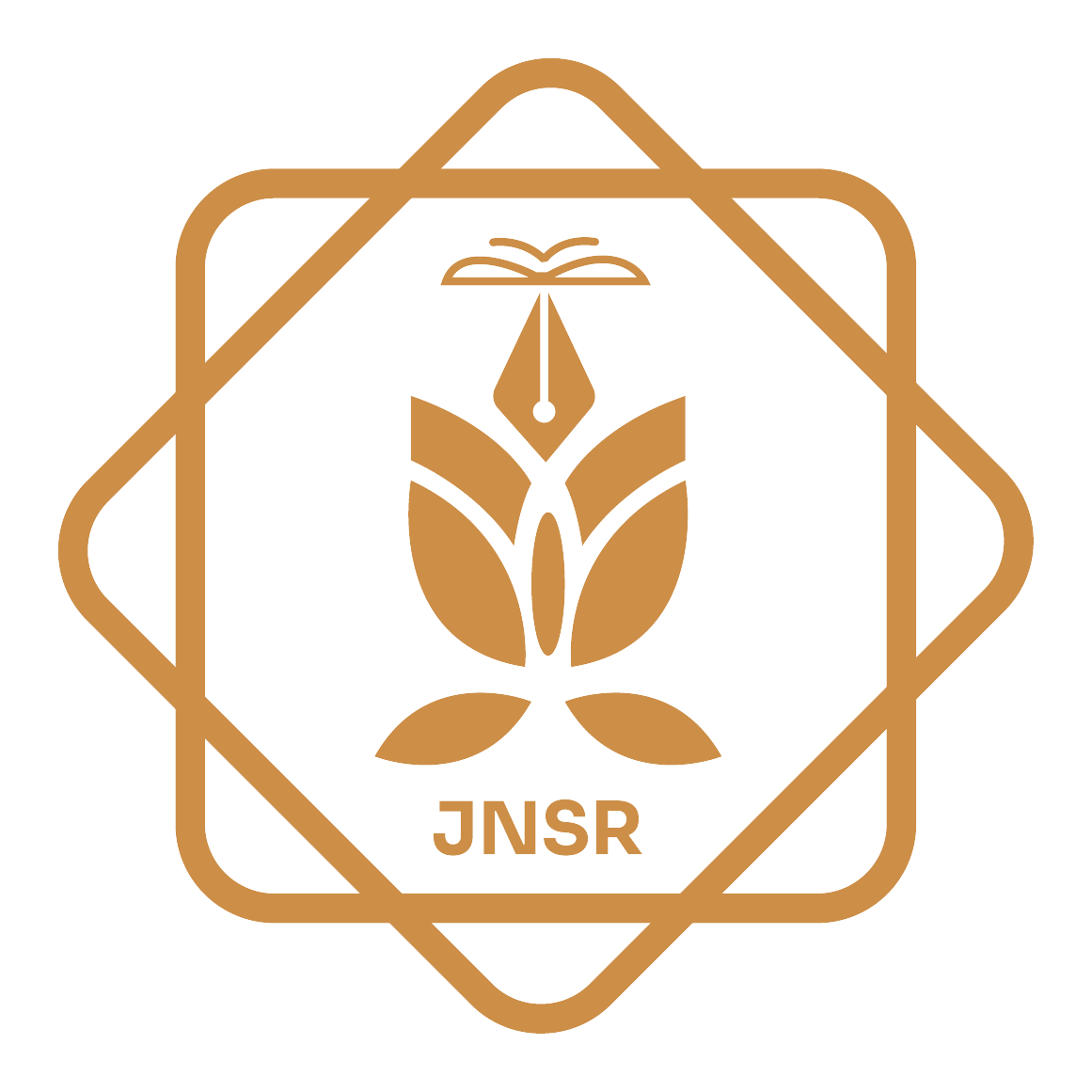Identification and Ranking of Factors Affecting the Emission of CO Gas in Karkar Coal Mine
DOI:
https://doi.org/10.62810/jnsr.v2i3.70Keywords:
Carbon monoxide gas, Coal, Karkar, Shannon entropy method, Promethee methodAbstract
Karkar coal mine is one of the biggest mines in the country, where mining has been going on since 1938. During the mining period, the Karkar mine has witnessed unfortunate incidents caused by the release and explosion of gases, which have caused substantial financial and human losses. Carbon monoxide gas is one of the essential factors in the occurrence of accidents in the Karkar mine. This research includes literature reviews, field data collection using the CEM CO-181 model gas meter, and statistical calculations using Shannon entropy and Promethee methods. First, the concentration of CO gas was measured in ventilation tunnels, development, and excavation areas. Extraction workshops of the Karkar coal mine at different working times, and then 26 cases that may result in a reduction in accidents were used as effective criteria, and 9 cases were used as influential factors on CO emissions through the order and distribution of questionnaires and interviews with identified experts. The final weights of twenty-six effective criteria on the emission of CO gas were calculated based on the Shannon entropy method. As a result, the criterion of consumed oils with a final weight of 0.1790 was ranked first, and the criterion of lack of experience with a final weight of 0.1065 was ranked last. The influential factors have been ranked based on the amount of net flow and the parameter method. As a result, the factors of mining fire and coal dust explosion ranked first and last, respectively, with net flows of 0.55 and -0.84, and the rest of the factors are placed in different positions according to their net flow rate and have their effects on the emission of CO gas.
Downloads
References
Aziz, Abdul Mohammad, and Asadullah Rahmatzai. 2024. “Determination of Chemical Contaminants of Groundwater in District 17 of Kabul City.” Journal of Natural Science Review 2(2): 35–46. https://kujnsr.com/JNSR/article/view/47. DOI: https://doi.org/10.62810/jnsr.v2i2.47
Behzadian, M; Kazemzadeh, R B; Albadvi, A; Aghdasi, M. 2010. “A Comprehensive Literature Review on Methodologies and Applications.” European Journal of Operational Research: 198–215. https://www.mendeley.com/catalogue/bda730f2-a258-3d15-bcbe-beb23dc52949/?utm_source=desktop&utm_medium=1.19.8&utm_campaign=open_catalog&userDocumentId=%7B63bcdb59-9b8c-4151-985b-68f176e168b0%7D.
Brans, J.P., Ph. Vincke, and B. Mareschal. 1986. “How to Select and How to Rank Projects: The Promethee Method.” European Journal of Operational Research 24(2): 228–38. https://linkinghub.elsevier.com/retrieve/pii/0377221786900445. DOI: https://doi.org/10.1016/0377-2217(86)90044-5
Dear, James W. 2014. “Poisoning.” In Clinical Biochemistry: Metabolic and Clinical Aspects, Elsevier, 787–807. https://linkinghub.elsevier.com/retrieve/pii/B9780702051401000407. DOI: https://doi.org/10.1016/B978-0-7020-5140-1.00040-7
Dey, Subhashish, and Ganesh Chandra Dhal. 2019. “Materials Progress in the Control of CO and CO2 Emission at Ambient Conditions: An Overview.” Materials Science for Energy Technologies 2(3): 607–23. https://linkinghub.elsevier.com/retrieve/pii/S2589299119300771. DOI: https://doi.org/10.1016/j.mset.2019.06.004
Gu, Rongbao. 2017. “Multiscale Shannon Entropy and Its Application in the Stock Market.” Physica A: Statistical Mechanics and its Applications 484: 215–24. https://linkinghub.elsevier.com/retrieve/pii/S0378437117304740. DOI: https://doi.org/10.1016/j.physa.2017.04.164
Jasani, Shailen. 2015. “Smoke Inhalation.” In Small Animal Critical Care Medicine, Elsevier, 785–88. https://linkinghub.elsevier.com/retrieve/pii/B9781455703067001471. DOI: https://doi.org/10.1016/B978-1-4557-0306-7.00147-1
Liang, Decui, Yuanyuan Fu, and Harish Garg. 2024. “A Novel Robustness PROMETHEE Method by Learning Interactive Criteria and Historical Information for Blockchain Technology-Enhanced Supplier Selection.” Expert Systems with Applications 235: 121107. https://linkinghub.elsevier.com/retrieve/pii/S0957417423016093. DOI: https://doi.org/10.1016/j.eswa.2023.121107
Lotfi, Farhad Hosseinzadeh, and Reza Fallahnejad. 2010. “Imprecise Shannon’s Entropy and Multi Attribute Decision Making.” Entropy 12(1): 53–62. https://www.mdpi.com/1099-4300/12/1/53. DOI: https://doi.org/10.3390/e12010053
Madani, Hassan. 2018. Technical Services in Mines. 7th ed. Tehran: Amirkabir University of Technology.
Mirfakhreddin. 2011. Underground Mining Technology of Coal Mines. first. Kabul: Kabul Polytechnic University.
Rahilly, Louisa, and Deborah C. Mandell. 2009. “Carbon Monoxide.” In Small Animal Critical Care Medicine, Elsevier, 369–73. https://linkinghub.elsevier.com/retrieve/pii/B9781416025917100876. DOI: https://doi.org/10.1016/B978-1-4160-2591-7.10087-6
Siddiqui, Mohammad Ismail. 2020. Safety in Mines. First. Kabul: Kabul Polytechnic University.
Taherdoost, Hamed. 2023. “Using PROMETHEE Method for Multi-Criteria Decision Making: Applications and Procedures.” Iris Journal of Economics & Business Management 1(1). https://irispublishers.com/ijebm/fulltext/using-promethee-method-for-multi-criteria-decision-making-applications-and-procedures.ID.000502.php. DOI: https://doi.org/10.33552/IJEBM.2023.01.000502
Vinodh, S., and R. Jeya Girubha. 2012. “PROMETHEE Based Sustainable Concept Selection.” Applied Mathematical Modelling 36(11): 5301–8. https://linkinghub.elsevier.com/retrieve/pii/S0307904X11008183. DOI: https://doi.org/10.1016/j.apm.2011.12.030
Widdop, Brian. 2002. “Analysis of Carbon Monoxide.” Annals of Clinical Biochemistry: International Journal of Laboratory Medicine 39(4): 378–91. http://journals.sagepub.com/doi/10.1258/000456302760042146. DOI: https://doi.org/10.1258/000456302760042146
Wnuk, Christopher. 2016. “Coal Resource Potential of Afghanistan.” International Geology Review 58(3): 321–41. https://www.tandfonline.com/doi/full/10.1080/00206814.2015.1071209. DOI: https://doi.org/10.1080/00206814.2015.1071209
Wojtacha-Rychter, Karolina, and Adam Smoliński. 2020. “Coal Oxidation with Air Stream of Varying Oxygen Content and Flow Rate - Fire Gas Emission Profile.” Fire Safety Journal 116: 103182. https://linkinghub.elsevier.com/retrieve/pii/S037971122030388X. DOI: https://doi.org/10.1016/j.firesaf.2020.103182
Xu, Lingjin et al. 2023. “Elimination Mechanism of Coal and Gas Outburst Based on Geo-Dynamic System with Stress–Damage–Seepage Interactions.” International Journal of Coal Science & Technology 10(1): 74. https://link.springer.com/article/10.1007/s40789-023-00651-z. DOI: https://doi.org/10.1007/s40789-023-00651-z
Yue, Chuan. 2017. “Entropy-Based Weights on Decision Makers in Group Decision-Making Setting with Hybrid Preference Representations.” Applied Soft Computing 60: 737–49. https://linkinghub.elsevier.com/retrieve/pii/S1568494617304441. DOI: https://doi.org/10.1016/j.asoc.2017.07.033
Zhang, Chuanli, Soonwon Kwon, Jeill Oh, and Kyoohong Park. 2023. “An Integrated AHP-PROMETHEE II Ranking Method to Evaluate the Resilience of Sewer Networks Considering Urban Flood and Ground Collapse Risks.” Water Science and Technology 87(6): 1438–53. https://iwaponline.com/wst/article/87/6/1438/93913/An-integrated-AHP-PROMETHEE-II-ranking-method-to. DOI: https://doi.org/10.2166/wst.2023.067
Downloads
Published
How to Cite
Issue
Section
License
Copyright (c) 2024 Saleh Mohammad Salehy, Mohammad Bashir Aimaq, Masoud Haqbin

This work is licensed under a Creative Commons Attribution-NonCommercial 4.0 International License.

























